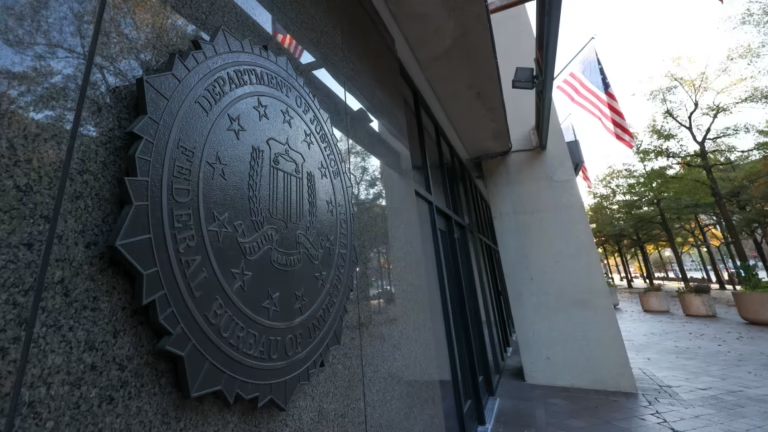A Mexican drug cartel hired a hacker to track a senior FBI official in Mexico City, leading to the deaths of several informants, according to a recent report from the U.S. Department of Justice. The incident, which occurred in 2018 or earlier, exposed serious weaknesses in the FBI’s ability to guard its operations against high-tech threats.
The report, prepared by the Justice Department’s inspector general, details how the hacker accessed the city’s camera systems. This allowed the cartel to monitor the movements of the FBI official, who served as the assistant legal attaché at the U.S. Embassy. The hacker also obtained call data and location information from the official’s mobile device.
By using this data, the cartel identified and targeted individuals entering or leaving the embassy. Some of these individuals were potential informants or cooperating witnesses. The report confirms that the cartel used this intelligence to intimidate and in some cases kill those people.
This breach happened during the FBI’s investigation of Joaquin “El Chapo” Guzmán, the infamous former leader of the Sinaloa cartel. The report describes the incident as a failure in operational security and a warning about how advanced technology can be used against law enforcement.
While the hacker’s identity remains unknown, the method of surveillance was clear and effective. Cameras around Mexico City were turned into a tool for organized crime. The FBI official under surveillance worked closely with Mexican law enforcement, making their movements especially sensitive.
The report also outlines broader risks related to new technology. Devices, software, and digital networks that once gave law enforcement the edge are now used by criminal groups to spy back. The spread of cheap and powerful surveillance tools means that even less sophisticated criminals can find weaknesses in U.S. operations.
According to the inspector general, officials from both the FBI and the CIA now view this kind of threat as “existential.” In simple terms, that means this level of spying could seriously damage the ability of U.S. agencies to do their work, especially when dealing with foreign threats and criminal organizations.
The Sinaloa and Jalisco New Generation cartels are two of the biggest threats. These groups are responsible for large-scale fentanyl smuggling into the United States. U.S. officials have tried to use their own advanced surveillance tools to fight back. But now, these drug cartels have turned the tables.
Some cartel members specialize in digital systems, including cryptocurrency transactions. These tech experts give the cartels a major advantage. According to a former DEA official, these groups run global, billion-dollar businesses. They use cutting-edge surveillance gear to track their enemies — including U.S. agents.
The report does not state whether anyone inside the FBI has faced consequences for the breach. However, it notes that the FBI is now working on a new strategic plan to improve how it handles threats from technical surveillance.
The issue is not new. For years, experts have warned about the risks of “ubiquitous technical surveillance.” That term refers to how data from cameras, phones, and other devices can be collected, bought, or hacked. But the scale and speed of these threats have grown.
The Justice Department’s findings point to a troubling future. As digital tools become more common and affordable, they are no longer just useful for law enforcement. They are also helping criminals to act smarter and faster.
This surveillance breach is just one case, but it highlights a wider problem. The report suggests that U.S. agencies must act quickly and with clear strategies to prevent similar failures.
The FBI declined to comment and referred all questions to the Department of Justice. As of now, the Justice Department has not issued a formal response to the report.







